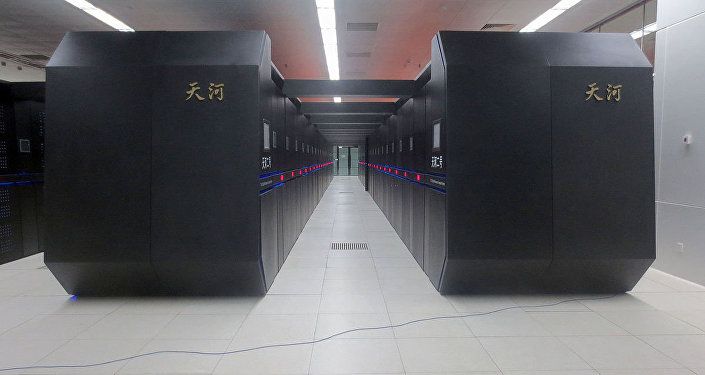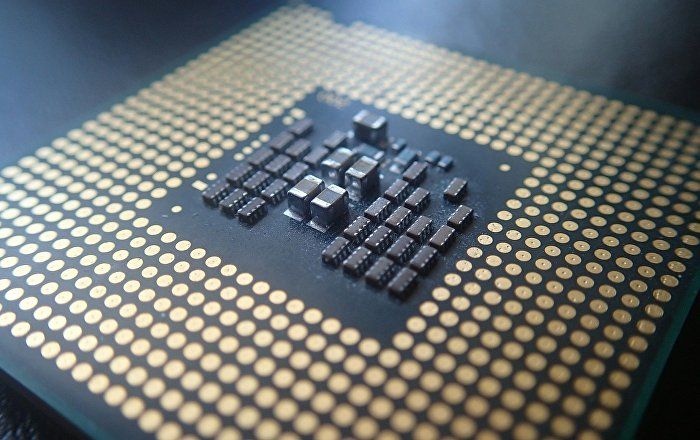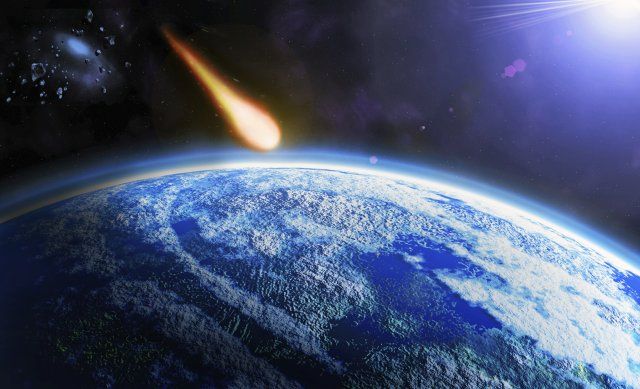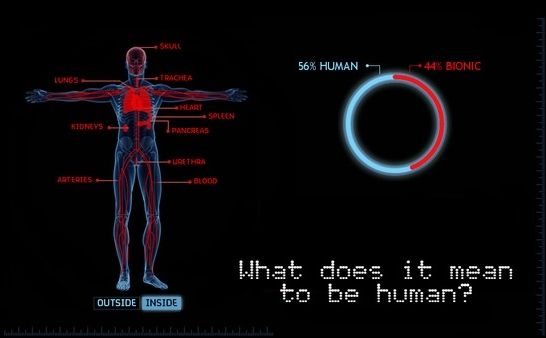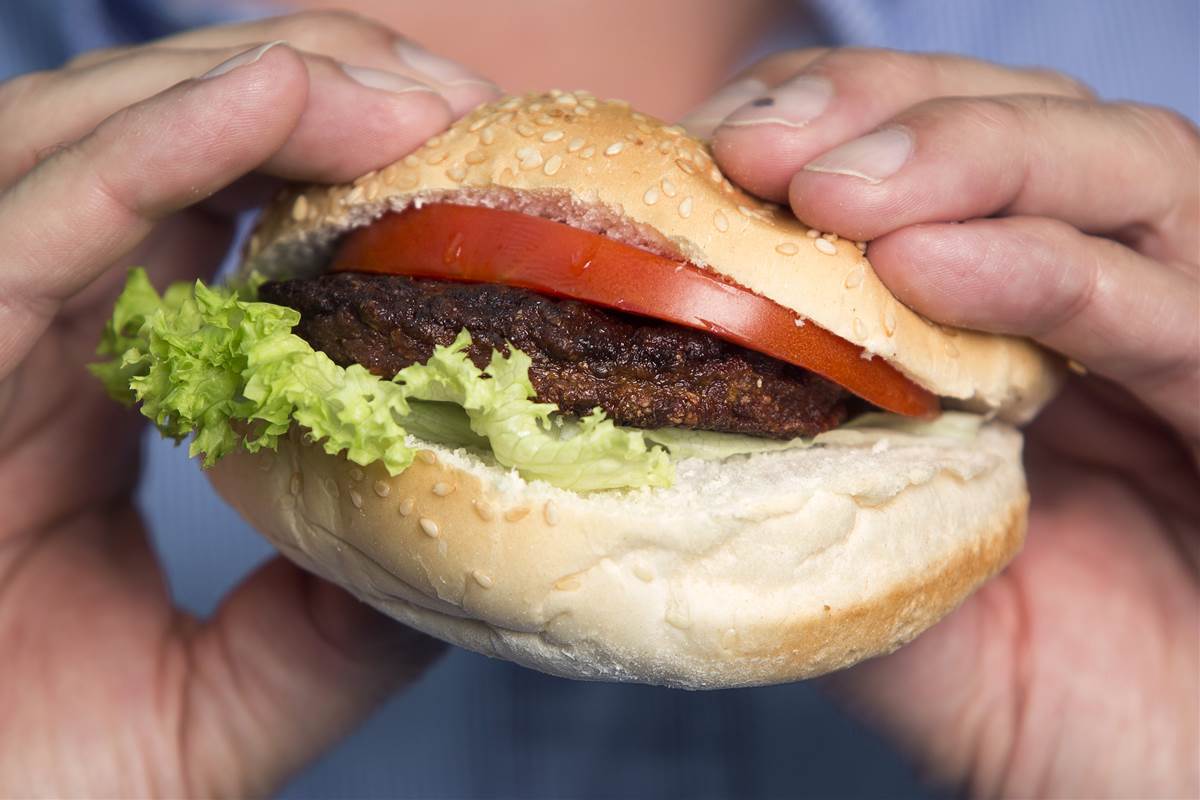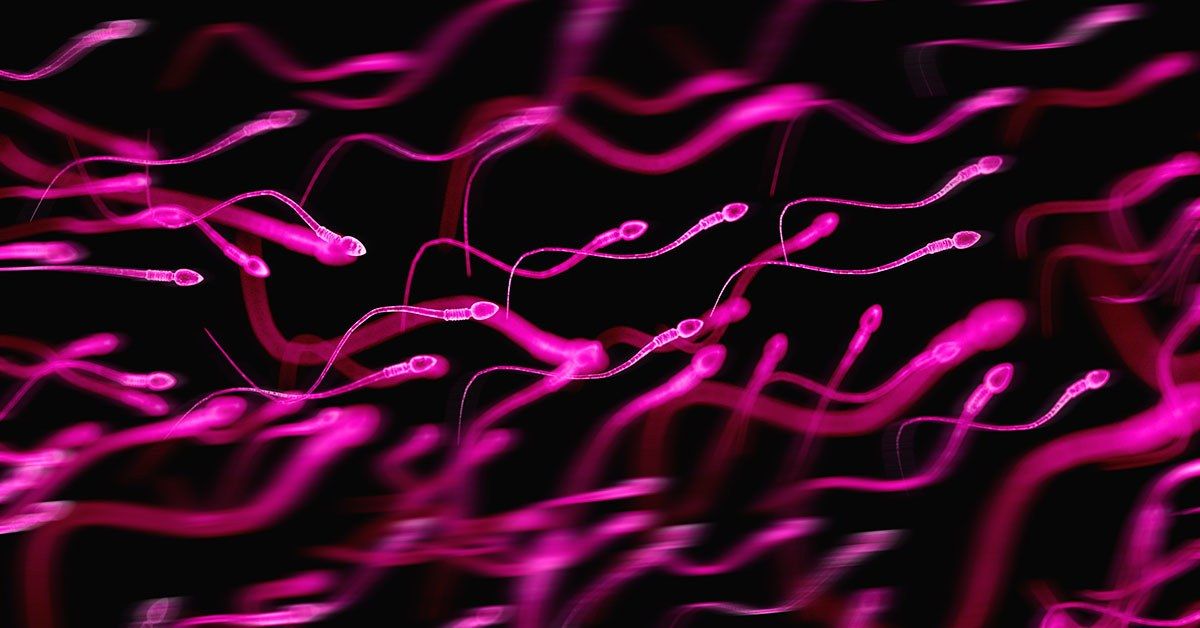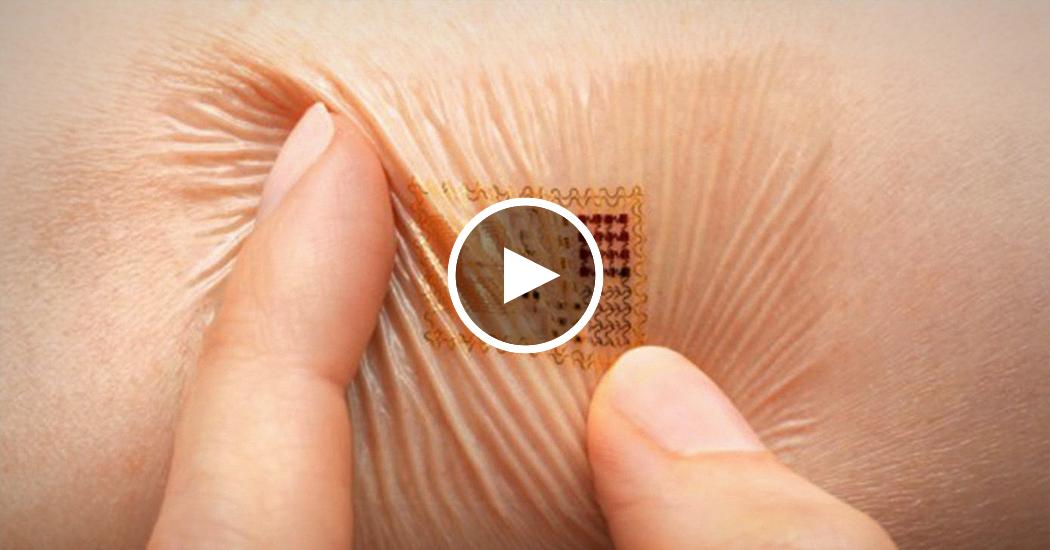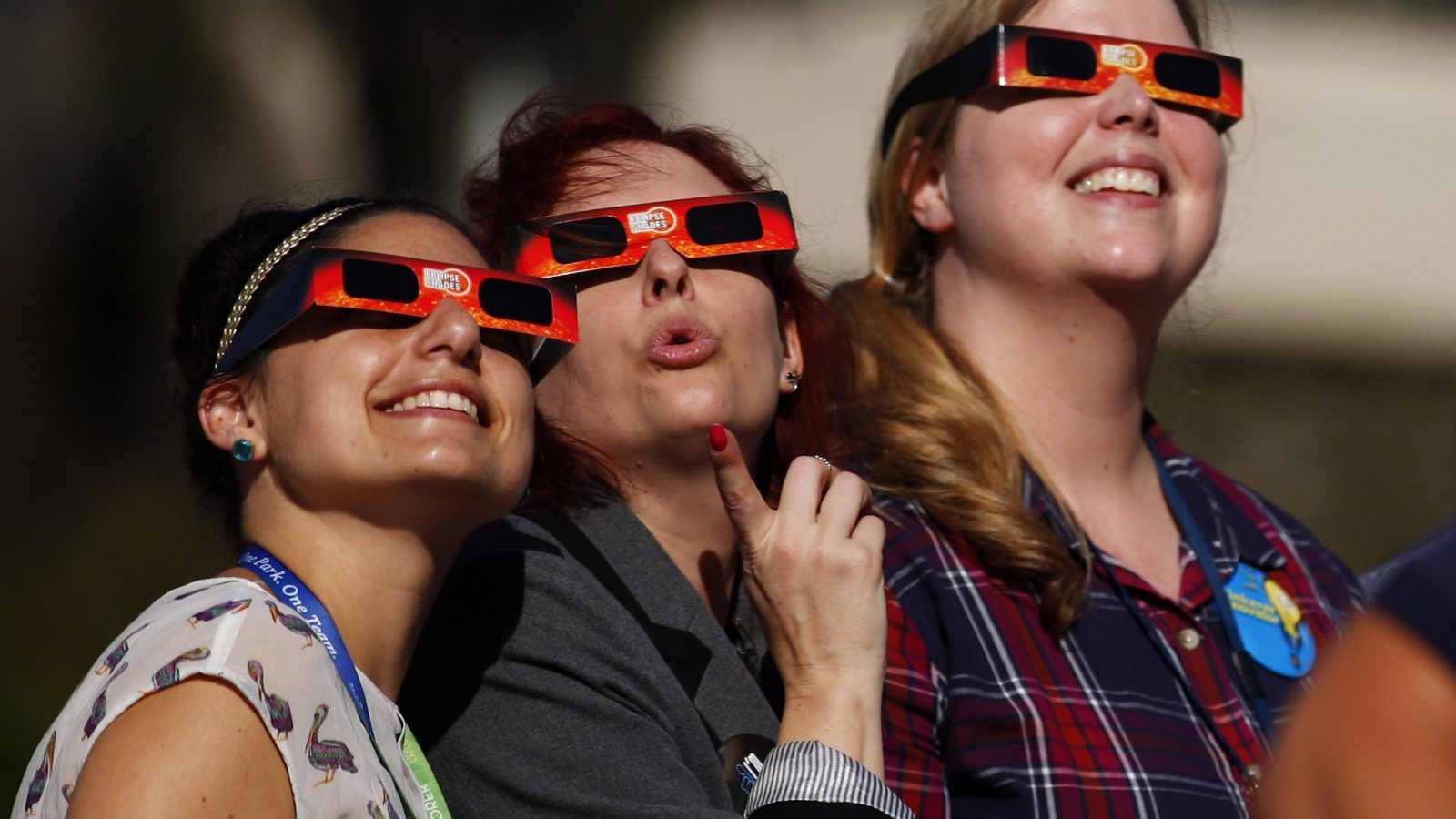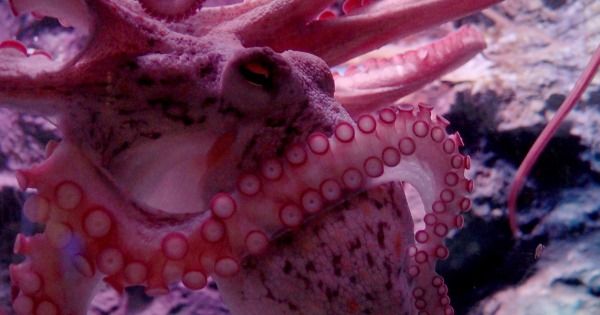
Technically, an animal could use RNA editing to change the nature of its proteins without completely altering the underlying DNA instructions. This makes the cephalopods’ ability to do it a very interesting phenomenon, but it’s unclear as to why the species requires this much RNA editing. Many of the edited proteins were found in the animals’ brains, which is why scientists think the editing and their brainpower could be linked.
More than any other species on earth, octopuses are particularly smart—they can solve puzzles, use tools, and communicate using color. Now scientists are saying they’re also capable of editing their RNA.
A team of scientists led by Joshua Rosenthal at the Marine Biological Laboratory and Noa Liscovitch-Braur and Eli Eisenberg at Tel Aviv University have discovered that octopuses and squid are capable of a type of genetic alteration called RNA editing. The process is rare among other species, leading scientists to believe that the cephalopods have evolved to follow a special kind of gene recoding.
Continue reading “These Species Can Recode Their Own Genetics” »
